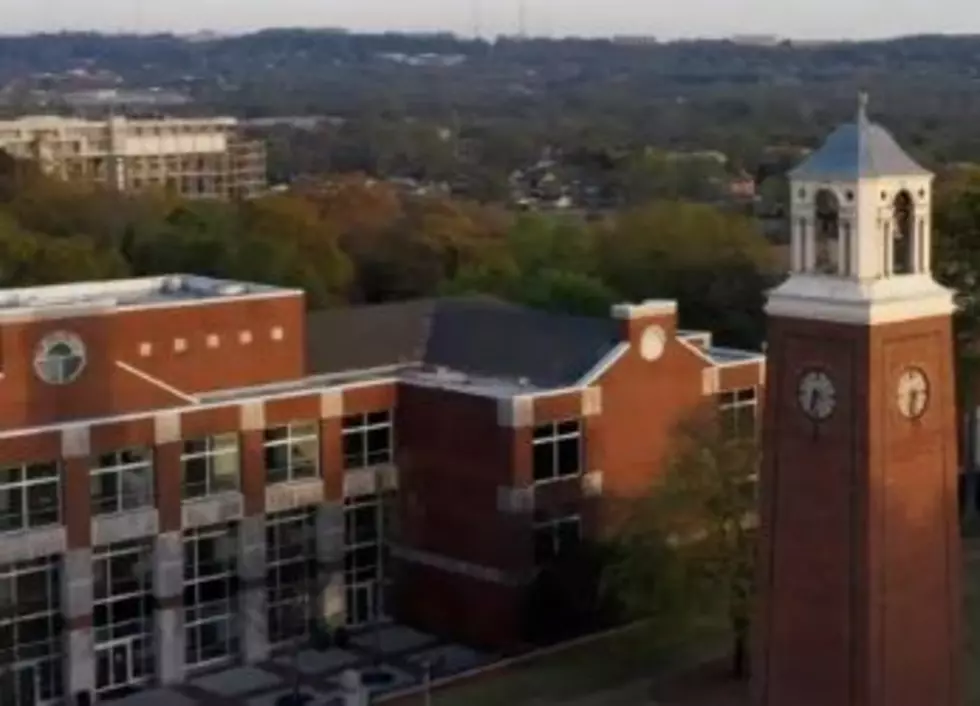
Birmingham Southern College to Close in May
The struggle to save Birmingham Southern College is over. After months of working feverishly to find enough funding to keep the doors open, the school's board voted unanimously today to close the 168-year-old United Methodist school permanently at the end of this school year.
BSC traces its roots back to 1856, the year the Alabama Legislature chartered Southern University as a Methodist institution; the following year, the school’s cornerstone was laid in the West Alabama town of Greensboro. In 1918 Southern College, moved to the Magic City and merged with another Methodist school called Birmingham College thus becoming Birmingham Southern.
Students and faculty are finding out that they are losing their school while on spring break. School officials plan to hold individual meetings next week when they return to campus.
“This is a tragic day for the College, our students, our employees, and our alumni,” stated Board Chair Rev. Keith D. Thompson in a press release announcing the closure, “But it is also a terrible day for Birmingham, for the neighborhoods who have surrounded our campus for more than 100 years, and for Alabama.”
The 190-plus acre college is located on a hill just west of Legion Field and is a highly respected four-year, private liberal arts institution with some 1,300 students. The accredited school provides 29 undergraduate majors and 26 minors. The school is listed in the Top 10 Colleges that Lead to Graduate School. BSC produced six Rhodes Scholars.
Tuscaloosa native Bill Davis, a 1970 BSC alum, when told of the closure bemoaned it as, "like losing a part of my life." No doubt thousands of other grads learning of the school's fate feel the same.
BSC has been struggling with debt for some time and was only able to conduct spring classes due to a United Methodist pledge of $2.5 million and gifts from private donors. Declining enrollment and rising inflation are among the issues contributing to the school woes.
in 2004 BSC maintained an endowment of $122 million but a decision to invest in ambitious capital growth projects unfortunately coincided with the crash of the financial markets in 2009 and discovery in 2010 of a material error in the budgeting of federal student financial aid, which came to about $5 million per year against a budget of $49 million. That started the school on the downward financial spiral.
A legislative plan to allocate $30 million in taxpayer funds to the private college as an institution of historical significance drew considerable pushback. It was narrowed in its scope, but Alabama’s State Treasurer Young Boozer still voiced opposition to the bailout on the basis of it being in violation of conservative free market values. It failed to pass the Alabama House. Upon receiving that work the board voted to close the doors.
Some BSC proponents are still holding hope that the school might be able to merge with another larger school such as what happened when the University of Tennessee bought Martin Methodist College. But the rising cost of maintaining schools of higher educations may preclude that possibility.
The last day of classes will be Monday May 12 and the final commencement for BSC will be conducted Friday May 23rd.
